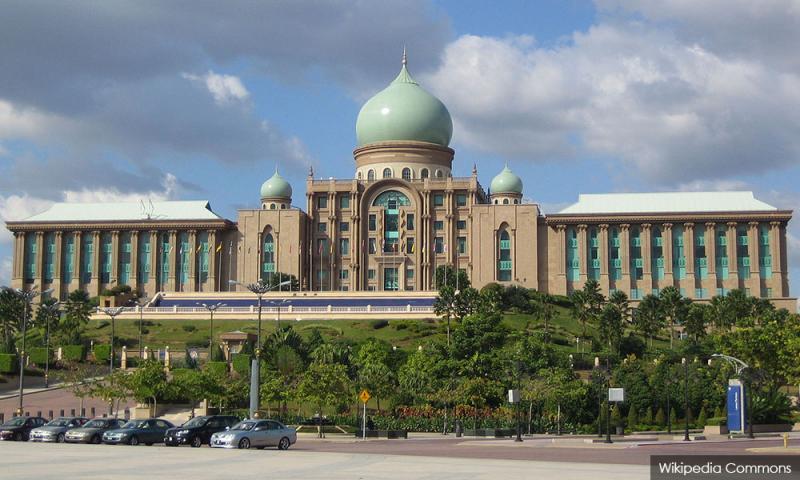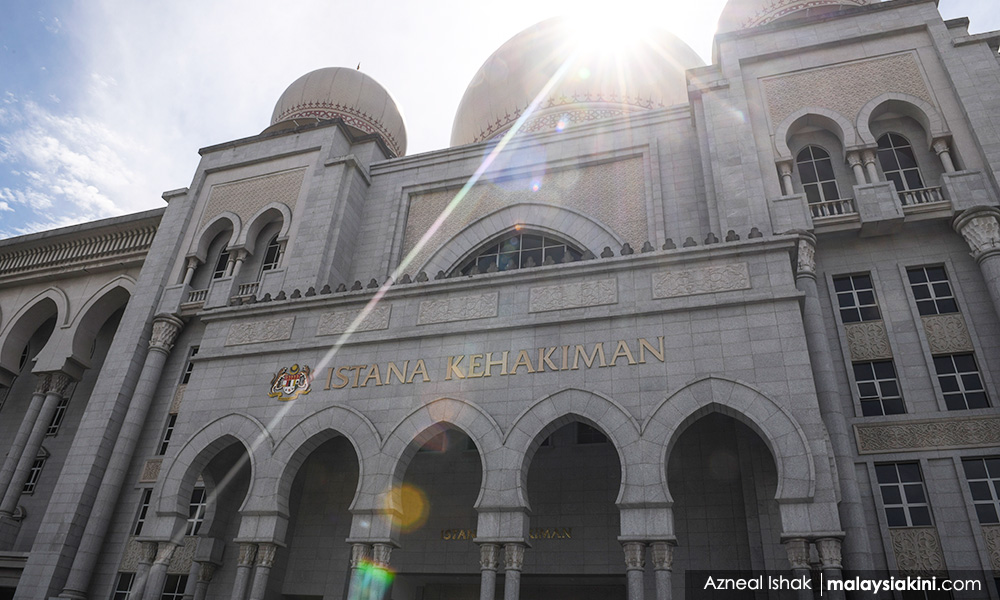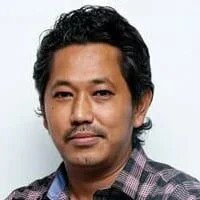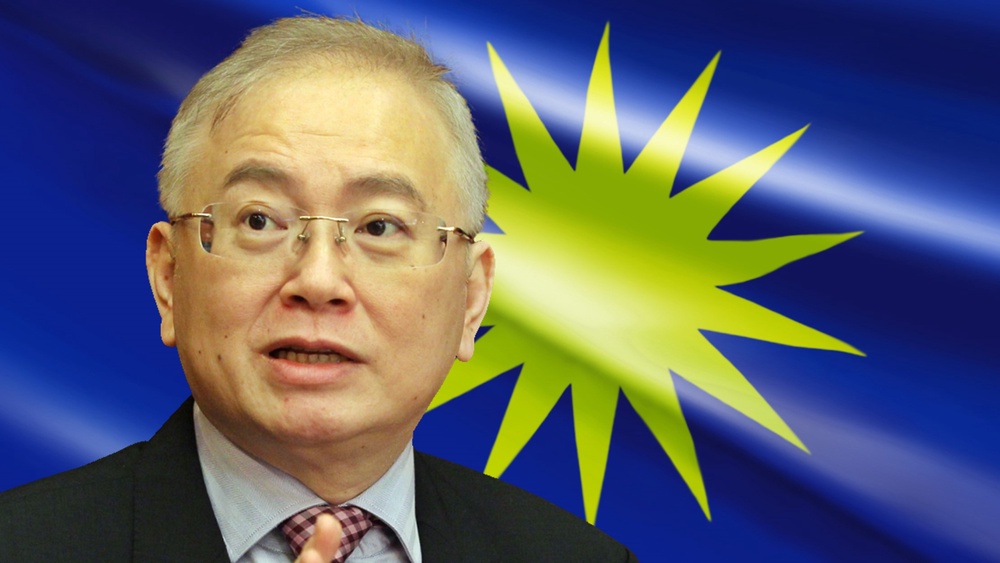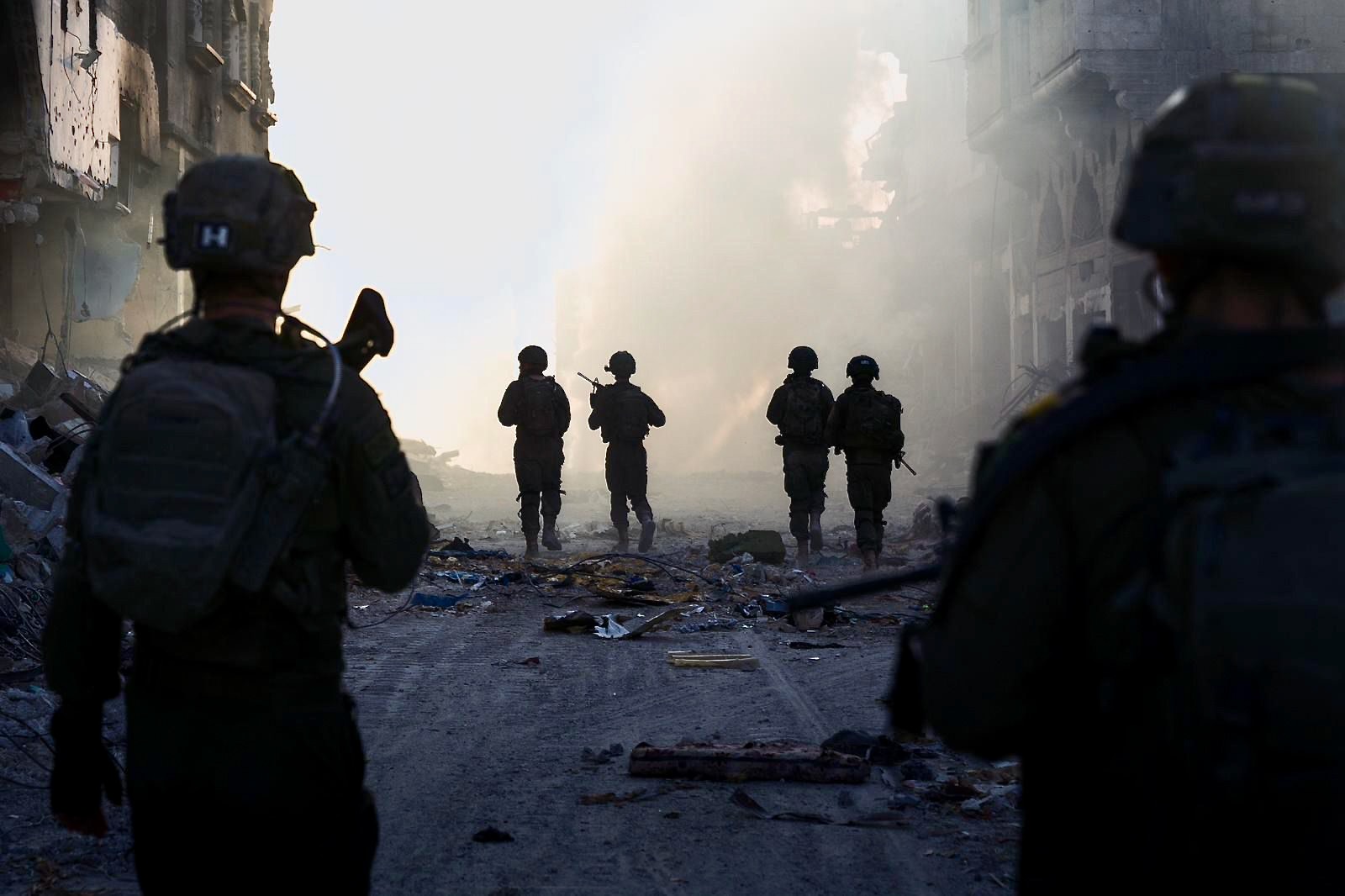
Cloud Seeding Company Accused Of Causing Texas Floods

by blueapples
Tuesday, Jul 08, 2025 - 21:00
Despite the fact that conspiracy theory after conspiracy theory has been proven to be fact and not fiction time and time again, the collective consciousness of society inevitably reaches a point where its psychological defense mechanisms kick in. When subjects too difficult to broach are reached, they're dismissed as if they're the apophenic delusions of a madman when in reality they're often a truth too distressing to acknowledge. Often, association with a tragedy makes recognizing the epiphany that an official narrative is the real work of fiction, like in the cases of Sandy Hook or 9/11, an act of heresy. Then, independent inquiry meant to uncover the truth is treated as an act of violence instead of critical thinking.
This dynamic has reared its ugly head once again in the wake of massive floods across central Texas that have tragically led to the deaths of over 100, including 84 fatalities alone in Kerr County, where 28 children lost their lives after devastating flash flooding on the Fourth of July led to waters from the Guadalupe River rising over 26 feet in merely 45 minutes. The disaster has entered into the history books as one of the deadliest floods in Texas to take place in decades. The fatal turn of events led to a predictably politicized response where leftist media blamed everything from climate change to President Trump's policy making. Despite that shameless exploitation of the tragedy, the liberal legacy media shied away from another factor behind what may have caused the floods that has remained unexamined despite having more empirical evidence behind its validity: weather modification.
For decades, weather modification has been a facet of technocratic operations led by governments and private industry alike that has been relegated under the dismissive label of being a conspiracy theory. Yet, in the case of the Texas floods, it has emerged as a clear factor behind the natural disaster. On July 2nd, just 2 days before the massive deluge, a cloud seeding company named Rainmaker finished its operations in Texas. Rainmakers operation was designed to modify the weather by inducing cloud formations to fend off droughts in high-risk areas throughout the state. In the wake of the tragedy, its cloud seeding operations have come into focus as being a potential cause of the devastating floods.
Rainmaker CEO Augustus Doricko firmly denied the insinuation that his company's cloud seeding operation could be related to the flash floods in any way, shape, or form. "Did Rainmaker conduct any operations that could have impacted the floods? No," Doricko vehemently denied in the wake of speculation arising across the internet.
Doricko started the geoengineering startup in 2023 at just 22 years old. In 2024, Doricko received a grant from the Thiel Fellowship, connecting Rainmaker to the vast array of companies funded by the technocratic venture capitalist. Like Thiel and other technocrats, Doricko possesses a god complex that is the driving force behind his mission at Rainmaker. The Rainmaker founder's social media channels contain a catalog of grandiose proclamations in which Doricko makes it clear that he considers the direction his company has gone in to be the result of providence. “Dams modify rivers, Jesus was a carpenter who modified forests (cut trees) to build houses. We aim to serve God.” he stated in one such post on his X account.
In response to the horrifying scenes of the Texas floods that carried undertones of the Great Flood chronicled in the Book of Genesis, Rainmaker's CEO carefully laid out his company's operations to explain how they would not have resulted in any inclement weather. According to Doricko, Rainmaker ceased its latest cloud seeding operation in central Texas on July 2nd, more than 24 hours before the National Weather Service (NWS) issued a flash flood advisory. He went into further detail, explaining how only 2 clouds were seeded during the operation, both of which dissipated by 4 pm on July 2nd, over 24 hours before the torrential downpours that led to the deaths of over 100 Texans occurred. Doricko cited data from the NWS, which detailed excessive moisture as the reason for canceling the cloud seeding operation.
For its part, the NWS echoed the Rainmaker CEO's position. NWS officials linked the rains across central Texas to Tropical Storm Barry, a short-lived cyclone that caused significant flooding in southeastern Mexico, causing 5 deaths. According to the NWS, remnants from the cyclone are what triggered the excessive moisture alert that caused Rainmaker to avert its cloud seeding operations in central Texas on July 2nd. Meteorologists determined that the confluence of Tropical Storm Barry's mid-level circulation with a larger mid-level trough of moisture from the Pacific created a weather pattern that led to the heavy rains that washed across central Texas.
In typical fashion, the political conjecture advancing the official narrative from the NWS was incongruent with reality. Speaking from a press conference in Kerrville on Monday, Senator Ted Cruz of Texas remarked, "To the best of my knowledge, there is zero evidence of anything related to anything like weather modification," when discussing the tragedy affecting his constituents. Cruz's remarks came just days after Georgia Congressional Representative Marjorie Taylor Greene introduced a bill into the House of Representatives designed to limit weather modification operations in response to their speculated link to the Texas floods. Cruz unequivocally denounced the premise raised by Rep. Greene and the outcry of denizens across the internet that shifted focus back onto the risks of weather modification operations like cloud seeding. "The internet can be a strange place....people can come up with all sorts of crazy theories." Cruz declared.
In the wake of the flood, Rep. Greene explained the purpose of her bill through a post to her account on X. "I am introducing a bill that prohibits the injection, release, or dispersion of chemicals or substances into the atmosphere for the express purpose of altering weather, temperature, climate, or sunlight intensity." The post from the Georgia representative read, concluding that breaking the prospective law would result in a felony offense.
While critics of Greene ridiculed the bill she proposed, it follows in the footsteps of another bill signed into law at the state level in Florida last month. Florida Governor Ron DeSantis signed Senate Bill 56 into law on June 20th in response to concerns over weather modification programs. The bill repealed state law that allowed the Florida Department of Environmental Protection to issue permits for weather modification and other geo-engineering endeavors. According to Florida state environmental officials, no such permits were ever requested despite their availability. Despite that, Republican Florida Senator Ileana Garcia led the charge against the mere possibility of those permits being issued en route to bill passing the Florida legislature with widespread support. When the bill went into effect on July 1st, the issuance of weather modification permits was revoked from the Florida DEP. Independent efforts to geoengineer weather in the state could also result in a third-degree felony carrying a prison sentence of as much as 5 years and fines up to $100,000 under the law. Planes equipped with weather modification equipment are also now required to declare themselves with the Florida Department of Transportation.
Like Greene, DeSantis was met with the same vitriol following the passage of Senate Bill 56. Democratic State Representative Anna Eskamani chastised the bill, remarking, "I think it's important that we do not legislate under that type of pressure but that we legislate on science, we legislate on fact, we legislate not on fear but on information." In turn, Representative Kevin Steele responded to that empty leftist platitude by quipping, "The last time we had to listen to the science, we wore masks for 9 months."
Presently, 8 states have introduced bills trying to ban chemtrails — which have long served as the embodiment of weather modification operations. Ironically, Texas is one of those states, alongside Louisiana, Florida, Tennessee, Kentucky, Minnesota, New Hampshire, and Rhode Island. The public discourse against chemtrails was also bolstered by Secretary of Health and Human Services Robert F. Kennedy Jr. when he confirmed his belief in their existence and broader applications beyond weather modification. RFK Jr. attributed chemtrails to covert operations led by the Defense Advanced Research Projects Agency (DARPA). During an interview, the HHS Secretary remarked on the subject of chemtrails when he took questions from a studio audience. “I’m going to do everything in my power to stop it,” he said. “Find out who’s doing it and hold them accountable.”
Independent of the validity of concerns over them, chemtrails have long served as a reductive caricature used to dismiss concerns about weather modification and other nefarious black projects. Yet, while federal agencies such as the National Oceanic and Atmospheric Administration (NOAA) have publicly denied engaging in weather modification operations, hiding behind the idea that accusations of any such operations are tantamount to the chemtrails "conspiracy theory," the truth about government-led weather modification efforts is irrefutable.
Since 1990, the High-frequency Active Auroral Research Program (HAARP) has led government-funded projects designed to conduct research into and experiments on the Earth's ionosphere. The program was initially funded by none other than DARPA, along with the US Navy and Air Force working in concert with military contractor BAE Advanced Technologies. Operations designed to use high-frequency radiowaves to agitate portions of the ionosphere were conducted out of HAARP's Gakona, Alaska, site in 1993 before DARPA and other military agencies behind the program transferred its operations into the hands of the University of Alaska Fairbanks in 2015. HAARP has become a talisman representing potential government-funded weather modification operations since its inception, though its publicly acknowledged methods are distinct from the characterization behind chemtrails.
HAARP demonstrates the complexity of weather modification in comparison to its simplistic public conceptions about the burgeoning new field. The juxtaposition of that complexity against widely held views about weather modification from proponents and opponents alike on theories such as chemtrails shows how little is known about the underlying mechanisms behind the technology as well as the potential consequences of its applications. While companies like Rainmaker are quick to dismiss accusations about the potential impacts that their operations may lead to, those public denials fail to detail any contemplation of the delicate balance of the Earth's weather systems that they may disrupt. The demonstration of that neophytic understanding serves as an instance of the hubris of man daring to defy the gods, echoing the Atlantean mythos, in a manner that could very well end up bringing the same conclusion to this chapter of humanity.

